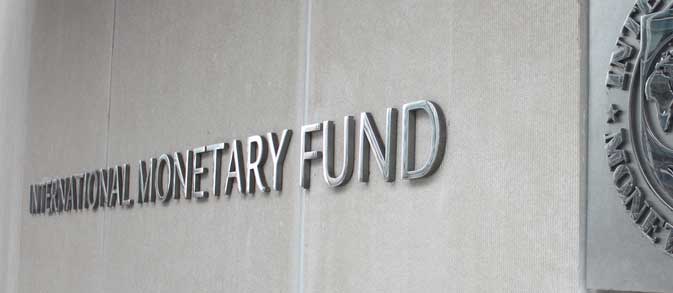IMF: Evidence From Islamic Banks For Basel Compliance And Financial Stability

The IMF examines whether compliance with Basel Core Principles (BCPs) for effective banking supervision affects bank stability and risk taking by comparing conventional and Islamic banks.
Basel Compliance and Financial Stability: Evidence from Islamic Banks
Article Overview
While previous studies that use the BCPs index report no evidence of a significant association with bank stability and efficiency, this study suggests a positive effect of BCP compliance on the stability of banks in 19 developing countries. The findings are robust when including individual chapters of BCPs albeit more pronounced for conventional banks than for Islamic ones. A deeper investigation into the components of the dependent variable Z-score shows that the results are mainly driven by capital ratios of the two bank types.
If anything, our findings have important implications from the regulatory point of view. Since BCPs are also effective in improving the stability of Islamic banks, this suggests that CPFIRs can also positively affect their stability as they are benchmarked closely to BCPs. The findings stand up to a battery of robustness checks allowing for omitted variables, endogeneity concerns, selection bias, and alternative estimation techniques. By conducting this first empirical assessment, we show that, despite the success of BCPs in increasing the stability of conventional banks, they are less effective in increasing the stability of Islamic banks, which requires further investigation.
It is worth noting that the overall significance and interpretation of our results depend largely on the sample size, the choice of countries, and the validity of the accounting measures used to proxy for bank stability. While increasing the sample size is beyond the reach of our study and depends on future surveys by the IMF and the World Bank, we attempt to overcome potential limitations related to measurement errors by using a large variety of proxies and econometric techniques. A next step in our analysis would be to explore the effect of CPIFRs on the stability of Islamic banks and compare it to the effect of BCPs. In addition, it would be important to identify which BCP and CPIFR chapters—especially those that take into consideration the specificities of Islamic banks—are responsible for any significant effect on bank stability.
Unfortunately, data showing a comparative assessment of the two guidelines are not currently available but will hopefully be integrated in future research on this topic. Similarly, one could also attempt to investigate whether BCP and CPIFR guidelines have the same effect on Islamic bank efficiency by employing scores derived from nonparametric approaches or by using marked-based data on stock returns and Tobin’s Q, for instance. While the IFSB has asked banks to start reporting their data on CPIFRs as of January 2016, the data are probably going to be available in 2017, which corresponds to a period beyond the one we presently examine.
Download Report
![]() Basel Compliance and Financial Stability – Evidence from Islamic Banks (1.2MB)
Basel Compliance and Financial Stability – Evidence from Islamic Banks (1.2MB)
Riyadh Metro Spurs Residential Property Boom: Knight Frank
RIYADH: The opening of the Riyadh Metro has transformed the Saudi capital’s housing market, with villa prices near s... Read more
Saudi POS Transactions Hold Above $3bn In Mid-October
RIYADH: Saudi Arabia’s point-of-sale transactions remained above the $3 billion mark for the third consecutive week, u... Read more
IMF Expects MENA Inflation To Ease In 2025 And 2026
RIYADH: Lower energy costs will help inflation ease to 12.2 percent this year and 10.3 percent in 2026 across the Middle... Read more
Global ESG Sukuk Market Hits Record $6.5bn In Q3, Set For Strong 2026, Says Fitch
RIYADH: The global market for environmental, social and governance sukuk reached a record $6.5 billion in the third quar... Read more
Saudi Ride-hailing Trips Surge 78% In Q3, Topping 39m
RIYADH: Saudi Arabia’s ride-hailing sector witnessed a major surge during the third quarter of 2025, reaching 39.04 mi... Read more
PIFs EA Deal: Whats Happening Behind The Scenes In Esports?
RIYADH: Just weeks after the conclusion of the second edition of the Esports World Cup, the Saudis were ready for the ne... Read more


